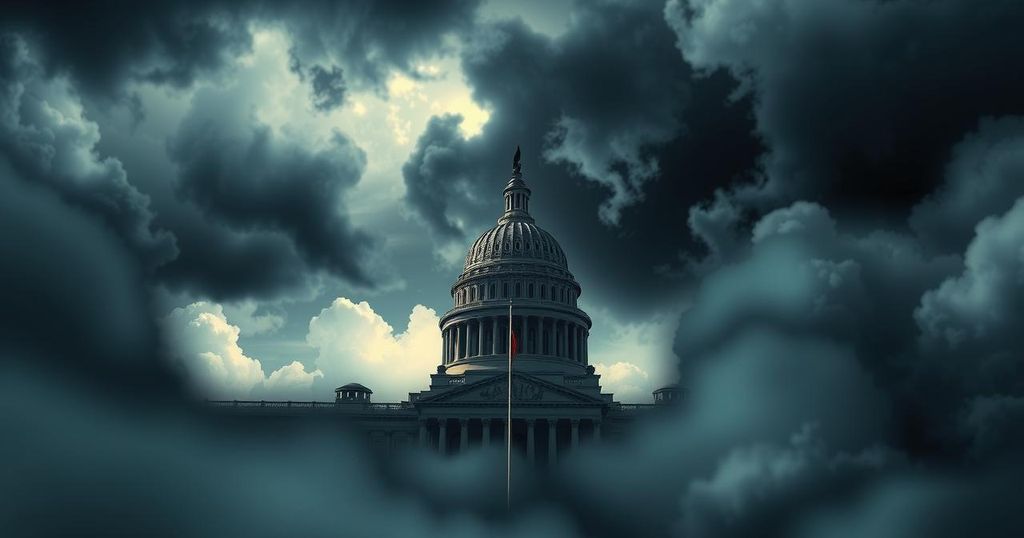Ecuador’s Rising Authoritarianism: The Case of Carlos Javier Vega

Carlos Javier Vega was killed by military personnel during a checkpoint incident under President Daniel Noboa’s iron-fist policy against organized crime. Noboa’s administration has faced significant criticism for human rights violations since he took office, and as Ecuador prepares for its elections, questions about his authoritarian leadership and its consequences loom large. Residents endure both gang violence and military abuse, raising urgent calls for justice amid the climate of fear.
In Ecuador, 19-year-old Carlos Javier Vega was tragically killed at a military checkpoint while helping his cousin sell a puppy. President Daniel Noboa had declared an “internal armed conflict” due to rising organized crime, leading to heavy military presence on the streets. Despite being innocent victims, Vega and his cousin were labeled as terrorists by the government, which has not issued an apology following the public prosecutor’s dismissal of the accusations.
This incident highlights the alarming increase in human rights violations since Noboa enacted his mano dura (iron fist) policy in response to escalating crime. As Ecuadorians prepare to vote in the presidential election, Noboa’s record in office, characterized by authoritarian tendencies and disregard for the rule of law, is increasingly under scrutiny.
Taking office at 37, Noboa unexpectedly became Ecuador’s youngest president after a snap election. His presidency has raised issues concerning human rights, particularly after the military’s involvement in civilian incidents like Vega’s death.
Guillaume Long, a senior research fellow, criticized Noboa’s administration for demonstrating clear authoritarian signs, noting the president’s failure to adhere to constitutional mandates during election periods. Emergency decrees are frequently utilized, enabling drastic measures like warrantless searches and prohibiting assembly under the guise of combating crime.
Despite a brief reduction in violence following the implementation of his security policies, Ecuador has witnessed a significant rise in violent crime, making 2024 poised to be exceptionally perilous. There are reports of organized crime demanding weekly extortion payments from impoverished communities, raising serious concerns among residents.
While Noboa’s government has touted successes in reducing drug shipments, experts maintain that the systemic issues remain unaddressed, as epitomized by a significant recent cocaine seizure originating from Guayaquil. Furthermore, citizens are facing escalating violence not only from criminal gangs but also from military forces tasked with maintaining order.
In conclusion, Vega’s family continues to seek justice amidst government actions that have worsened human rights conditions under Noboa’s leadership. His policies, instituted as a response to crime, have instead contributed to a climate of fear and instability, where innocent victims like Vega are caught in the crossfire.
Ecuador has faced increasing crime rates, leading to President Daniel Noboa’s controversial mano dura policy aimed at combating organized crime. While this has involved significant military intervention, there are grave concerns regarding accompanying human rights violations. The public has expressed concerns over ongoing violence, particularly against civilians, and the government’s handling of these incidents, highlighting the complex dynamics at play in Ecuador’s security landscape.
Ecuador is at a critical juncture as it approaches the presidential election amid growing concerns over human rights violations under President Noboa’s iron-fist policies. With the tragic death of Carlos Javier Vega and other incidents showcasing the escalation of violence and state abuse, the electorate faces significant decisions that will shape the nation’s future. The need for accountability and the restoration of civic rights is paramount to reversing the current trend of instability.
Original Source: www.theguardian.com







